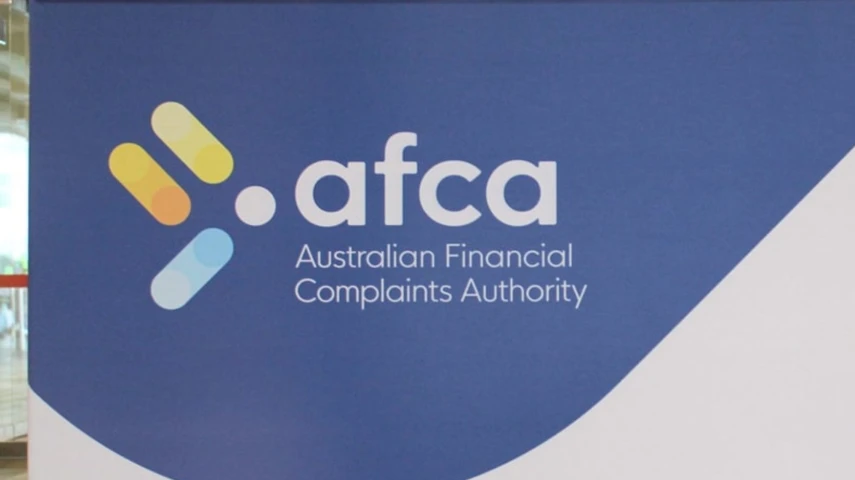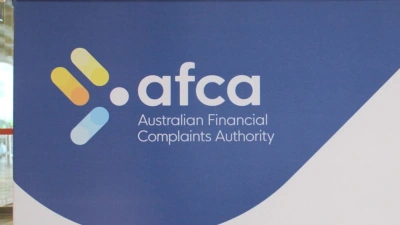High complaints volume ‘new normal’ for AFCA



The Australian Financial Complaints Authority (AFCA) has already received almost 70,000 complaints this financial year, and chief executive David Locke has urged firms to improve their internal dispute resolution schemes in a bid to reduce these numbers.
The organisation’s member forum detailed how it has received 69,700 complaints since 1 July 2023 to 28 February, which is a rise of 16 per cent on the same period a year ago.
During the 2022–23 financial year, it received 96,987 in total.
In a speech, Locke said AFCA is “very concerned” that complaints volume are so far ahead of the previous year.
“At first, we monitored complaint volumes to understand if such growth was an aberration or if we were entering a ‘new normal’ for EDR. After more than 18 months of consistently high numbers, it’s evident this growth is sustained – and something we must all act on to address.
“We have engaged heavily with members and industry representatives from the sectors that are contributing most to the escalating numbers of complaints. We are encouraged by the steps some members have taken to address this – particularly by some of the larger insurers, where we have seen some good progress. But it has not been consistent across the sector, or the rest of the financial services sector, so we need to see further improvements.”
These complaints are expected to continue throughout the remainder of the financial year, with Locke warning that 2024 “will not be a simple year” thanks to the number of incoming reforms under the Albanese government.
In a bid to reduce these numbers, he reminded member firms that AFCA should only be used for complex matters as an alternative to going to court. It should not be used, he said, for complaints regarding matters such as service quality or delays.
“Responsibility for complaints handling principally sits with members. They are your customers. You know your business, your products and services best. How you treat your clients, how you communicate with them, and how you resolve their issues are all within your control.
“AFCA is an alternative to the courts for consumers, and the matters we should be handling are complex issues that otherwise could result in litigation and intractable disputes which need independent mediation and decision-making.
“We do not wish to be handling complaints generated by poor communication, by delay, or by poor complaint and dispute handling. But unless industry does a better job, consumers will continue to be so frustrated that they escalate matters to us because they feel they have no alternative.”
It is up to the member firms in that case to improve their IDR schemes to enable consumers to resolve the problems at the source rather than contacting AFCA.
Recommended for you
ASIC was active in the first quarter of 2025 with several financial adviser bannings and court action, while the FSCP also handed down outcomes to advisers.
With a joint venture announced between WT Financial and Merchant Wealth Partners, the firm may have a US background, but partner David Haintz has a long history with Australian financial advice.
The big four bank is set to see $40 million per annum in cost savings as it continues to migrate customers from its Asgard wealth platform to BT Panorama by FY26.
AMP North has added three new managers to its range of managed accounts for financial advisers and also extended its existing partnership with Betashares.















